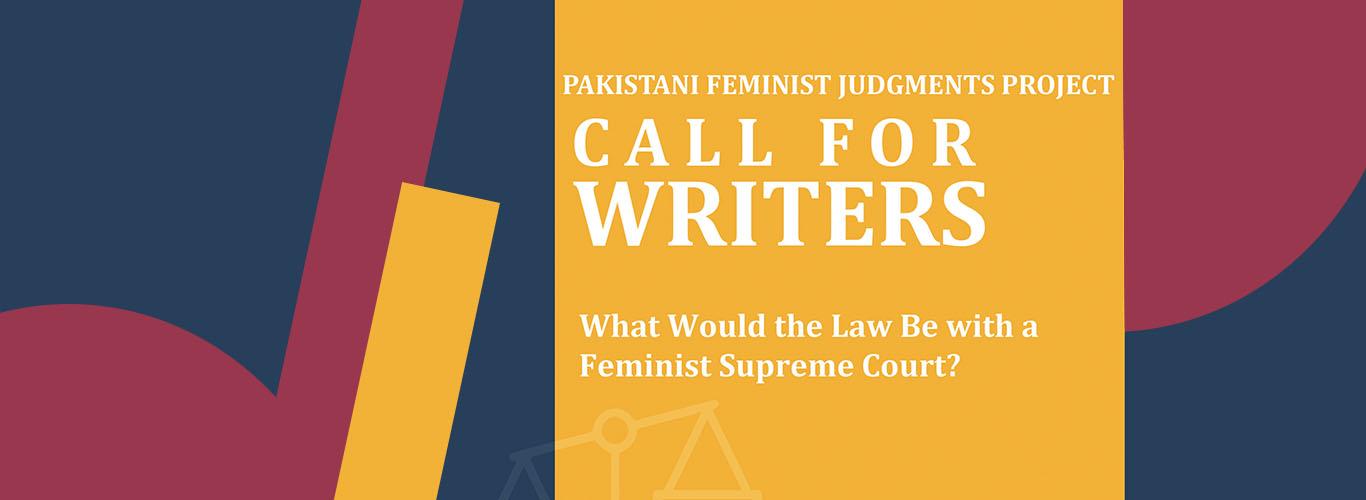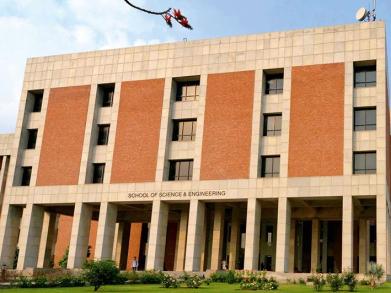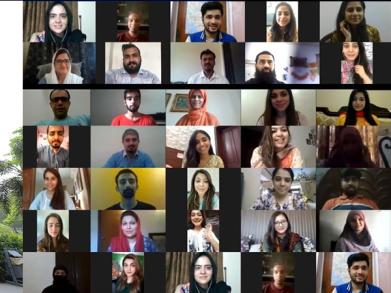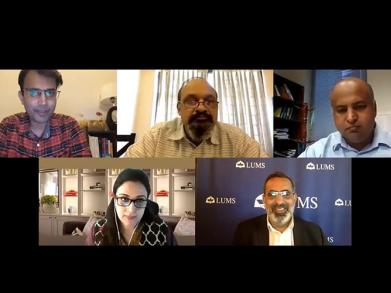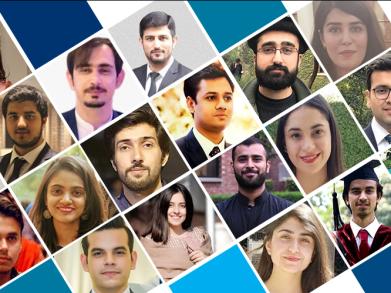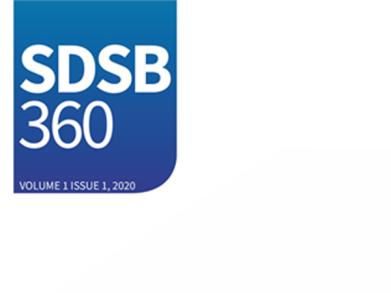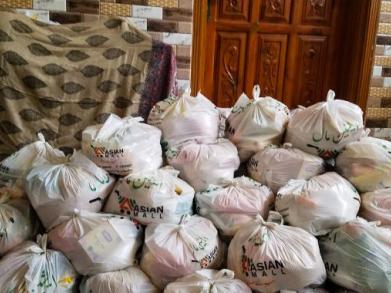Pakistani Feminist Judgments Project: Call for Writers
The Pakistani Feminist Judgments Project is looking for writers who can re-write pivotal legal opinions of the Supreme Court of Pakistan from a feminist perspective and provide commentaries on the impact it can have on judicial jurisprudence. The Project is initiated and led by Ms. Orubah Sattar Ahmed and Ms. Marva Khan, with the support of Shaikh Ahmad Hassan School of Law at LUMS.
Submission Deadline: September 28, 2020 (11:59 pm)
The Pakistani Feminist Judgments Project is inspired by the Feminist Judgments Projects conducted and initiated in Canada, United Kingdom, United States, New Zealand, Australia, Scotland, Ireland, South Africa, and India to bring together female academics, practicing lawyers, judges and legal researchers to rewrite alternative feminist judgments in significant legal cases. It aim to highlight how the judicial jurisprudence could have practically changed if the cases had been written or decided from a feminist perspective.
To that end, it seeks Authors who will rewrite judicial opinions from a feminist perspective and Commentators who will provide brief commentary on the original case, before analysing the virtues and limitations of the rewritten judgment and exploring its future impact. Authors have to be practicing lawyers, legal academics, legal researchers, judges, or related to the legal profession in a substantive and meaningful capacity. The Commentators can also belong to the legal fraternity, but applicants from other disciplines will also be considered. All participants will attend workshops to familiarise themselves with feminist legal theories and judicial writing. The rewritten opinions and commentaries will be published in the form of a book.
How to Apply
Applications will be sent through email to orubah.ahmed@lums.edu.pk and marva.khan@lums.edu.pk by September 28, 2020, 11:59 pm. All applicants must indicate in the subject line of their email if they wish to be considered for either position by writing "Author Feminist Judgments Project" or "Commentator Feminist Judgments Project" and attach the following:
• Resume
• A writing sample of minimum 1500 words
• Expression of Interest: Write 600-800 words on the Supreme Court judgment you wish to rewrite, providing reasons for doing so, and also proposing the changes you wish to make. The case must be of significance for feminist legal scholarship.
For the first volume, we welcome contributors to only rewrite judgments of the Supreme Court of Pakistan. Applicants are welcome to suggest cases on themes ranging from constitutional law, health law, tax law, labor law, criminal law, family law, property law, corporate law, environmental law and animal rights law just to name a few. A list of suggested cases can be provided to applicants upon requests sent to Orubah Sattar Ahmed or Marva Khan.
If you wish to co-author an opinion, please send separate applications while indicating on your application the name and contact details of the person you wish to collaborate with. The Project will be subjecting all applications to a blind review. All identification details will be stricken from the application material during the selection procedure. Shortlisted candidates will be sent requests for an interview.
All feminist "judges", while writing their judgments, will be bound by the same ethical and legal constraints, precedents, and laws that bind real-life judges. They can choose to write dissents, concurrences, or agree with the majority. They will also be bound by law and precedent in effect at the time of the original decision. Participants will be encouraged to bring their unique perspective to the law and adhere to the school of feminism of their choosing to achieve maximum judicial diversity.
This project will prioritise women, non-binary, third gender or gender diverse applicants since it wishes to proceed with the cognisance that there are few opportunities available for certain genders to engage in feminist legal theory, jurisprudence, and judgment writing in legal academia, which is predominantly male. Since the interpretation of law both heavily informs social reality and is informed by it, female and gender diverse applicants from the legal fraternity may just be in a better position to comment on equitable ways of bringing the law in conformity with the vision of an equal society.

